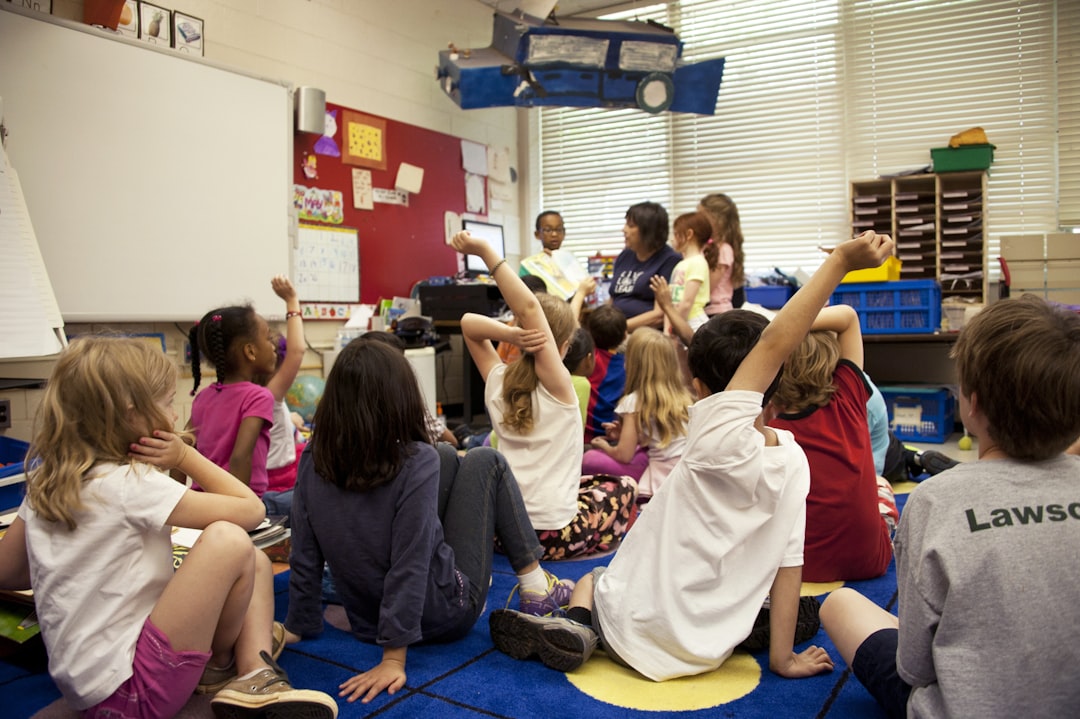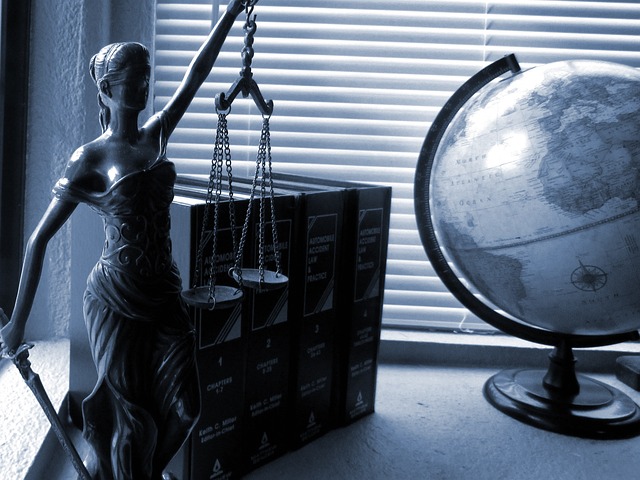Clarkston daycare prioritizes child safety with rigorous inspections covering staff training, equipment, environment, and health standards, adhering to Atlanta GA daycare abuse law firm guidelines. Parents are actively involved through open communication, minimizing risks and fostering trust. In case of abuse, a dedicated daycare abuse law firm in Atlanta GA offers guidance and advocacy.
In Atlanta, Georgia, ensuring childcare safety is paramount, especially with the potential for daycare abuse. Clarkston stands as a beacon in this regard, boasting a rigorous approach to inspections that could be a model for others. This article delves into Clarkston’s safety protocols, offering an in-depth look at their comprehensive inspection checklist. We also explore legal implications of daycare negligence and emphasize the critical role of parent involvement in protecting children. By understanding these aspects, parents can make informed decisions and collaborate with Atlanta’s top daycare abuse law firms to keep their children safe.
Understanding Clarkston's Safety Protocols

Clarkston takes daycare safety inspections seriously, implementing stringent protocols designed to protect children in their care. Their approach is multifaceted, encompassing regular training for staff on recognizing and reporting potential abuse or neglect, as well as routine, unannounced inspections that adhere to state regulations.
These inspections delve into various aspects, including the physical environment to ensure it’s safe and developmentally appropriate, staff-to-child ratios, documentation practices for child progress and any incidents, and the availability of emergency equipment. Clarkston also places a strong emphasis on open communication with parents, keeping them informed about safety measures and encouraging their active involvement in their child’s daycare experience. Their commitment to these protocols serves as a bulwark against daycare abuse and ensures children receive the highest level of care in Atlanta, GA.
Comprehensive Inspection Checklist

At Clarkston, we understand that daycare safety inspections are more than just a formality; they’re a critical safeguard for children’s well-being. Our comprehensive inspection checklist goes beyond surface-level checks, delving into every aspect of a facility’s operations, from staff training and emergency protocols to the physical environment and health standards. This meticulous approach ensures that potential hazards are identified and addressed proactively, in line with Atlanta GA daycare abuse law firm guidelines.
Our checklist includes detailed scrutiny of first aid kits, fire safety equipment, ventilation systems, and playground areas—all crucial elements in preventing accidents and injuries. Moreover, we meticulously evaluate staff-to-child ratios, background checks, and the overall emotional climate within the facility. By adhering to this rigorous protocol, Clarkston aims to foster a secure and nurturing environment where children can thrive, free from potential risks often associated with daycare settings.
Legal Implications of Daycare Negligence

Protecting Children: Parent Involvement

At Clarkston, we understand that the safety and well-being of children in our care are paramount. Protecting children goes beyond implementing robust security measures; it involves fostering a culture of involvement where parents play an active role. We encourage open communication between families and our daycare staff to ensure any concerns or observations regarding child safety are promptly addressed.
Parent involvement is a key strategy in identifying potential risks and preventing daycare abuse. By keeping parents informed about daily activities, policies, and protocols, we create a collaborative environment. This partnership allows us to maintain transparency, build trust, and work together to provide a secure and nurturing atmosphere for every child. Moreover, it enables us to quickly respond to any issues related to daycare safety, leveraging the expertise and insights of both our team and the parents.




